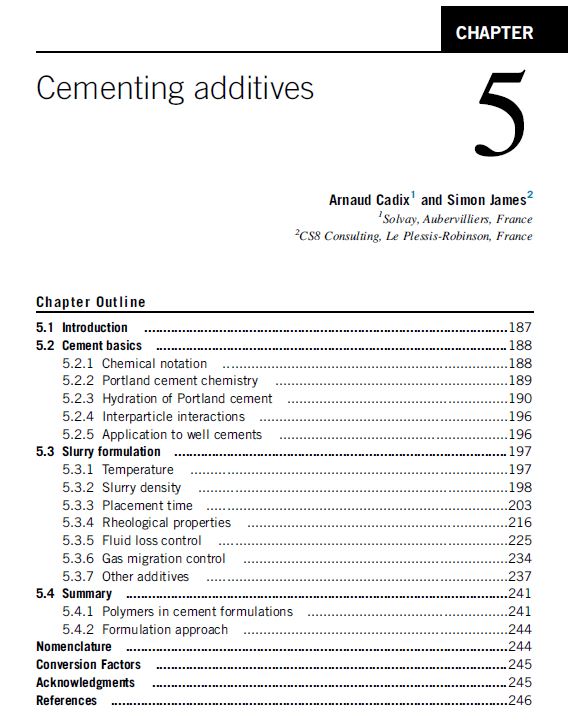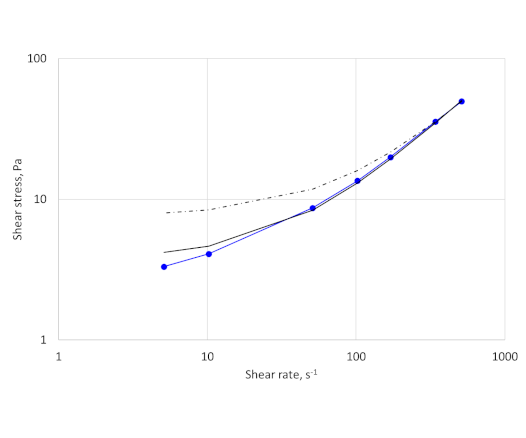
Rheological measurements
Possible errors
A discussion of some errors in rheological measurements of cement slurries seen in published documents and comparisons of model fits (Bingham and Herschel-Bulkley) to the data.
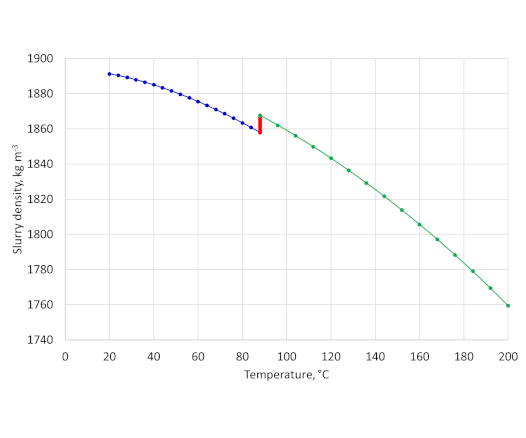
API Sedimentation tests
Experimental observations from high temperature tests
A discussion of some experimental observations from sedimentation tests (API RP10B-2) at high temperatures.
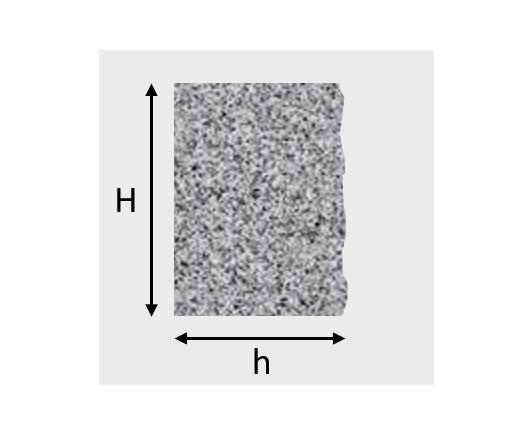
Compressive strength measurements
Effect of slurry stability
Compressive strength measurements on cement systems only provide useful results for slurries that are stable, i.e. slurries that have little or no sedimentation or free fluid generation.

Compressive strength
Measurement at high temperature
The reasons behind the reduction in compressive strength that is sometimes observed during compressive strength determination (cube tests and UCA measurements) at temperatures above 110°C even when the system contains at least 35% bwoc silica.
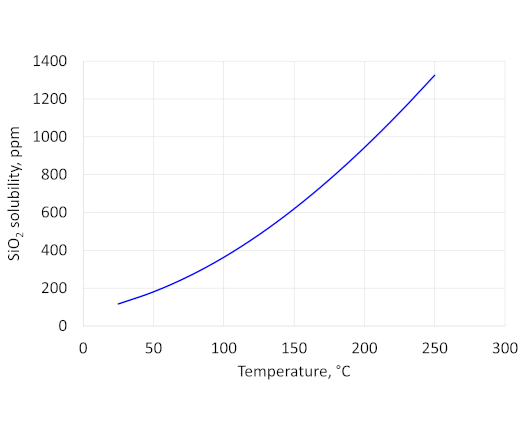
High temperature aging
Non-aggressive fluids
The importance of aging conditions (surrounding media and temperature profile) on durability testing. A possible method for accelerated aging of Portland cement/silica systems is discussed.
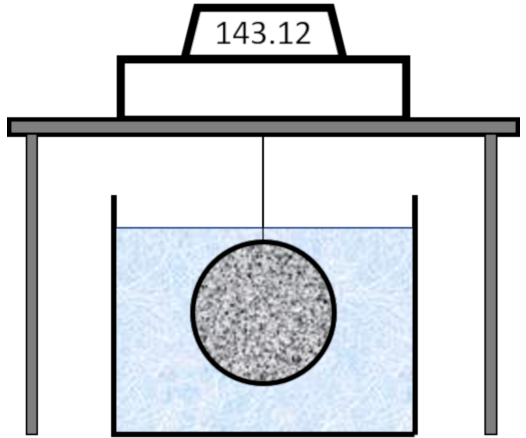
The membrane test
Measurement of bulk volume changes
The membrane test is used to determine the bulk volume changes of cement systems under impermeable conditions. To ensure that the results are representative particular attention must be paid to several key experimental parameters.

Durability testing
Effect of sample geometry
The importance of sample geometry in laboratory testing in comparison with different well situations.

